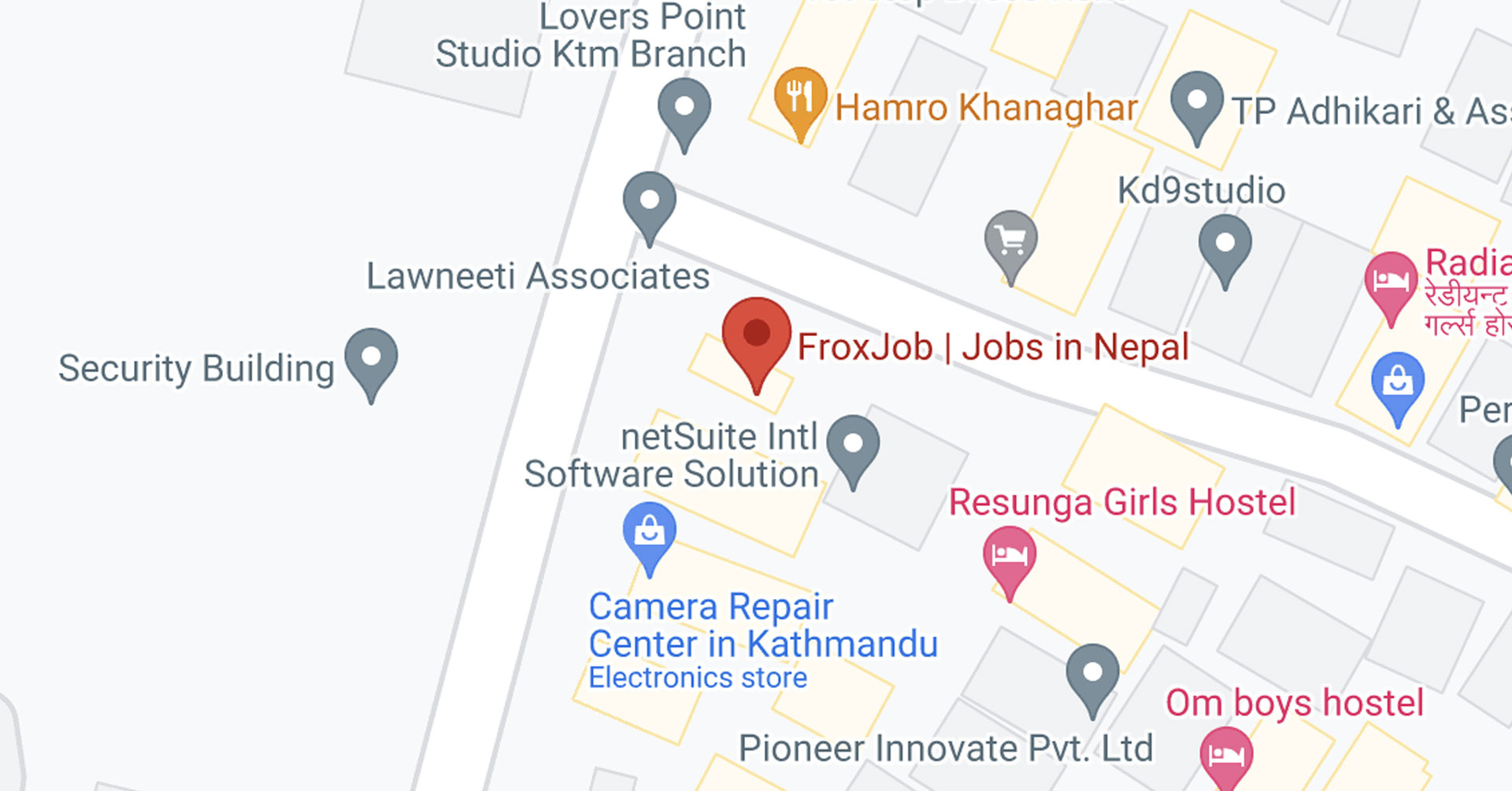The Importance of Continuous Learning for Your Career

The Importance of Continuous Learning for Your Career.
Introduction
In today’s quickly changing professional environment, learning is no longer something we do after completing high school or college. Instead, it has become a lifelong endeavor. Every day, new technology, tools, and global trends emerge, transforming how businesses operate and professionals perform their jobs.
To succeed and remain relevant in today’s changing economy, individuals must constantly broaden their knowledge and enhance their abilities. Continuous learning is not only a personal growth plan, but also a job need.
This blog explores why continuous learning is essential for long-term growth, how it enables professionals to stay competitive, and offers practical strategies for making learning a daily habit.
1. The Job Market is Constantly Evolving
The modern job market is more competitive and unpredictable than ever. IT, digital marketing, HR, finance, engineering, and even traditional industries such as manufacturing and retail are all undergoing digital transformation.
Artificial intelligence, automation, data analytics, and online platforms are altering the way people work. Skills that were highly valued a few years ago may not be sufficient today.
Because of this, a professional who continues learning can:
- Adapt quickly to new technology
- Understand updated industry practices
- Remain flexible and employable, and secure the company’s future
- Avoid becoming outdated in their roles
Continuous learning prepares individuals for both present expectations and future opportunities.
2. Continuous Learning Opens the Door to Better Career Opportunities
Employers value individuals who demonstrate curiosity, initiative, and a desire to grow. When you frequently gain new skills, whether technical, management, or interpersonal, you automatically boost your professional prospects.
Some benefits include:
- Higher chances of promotion
- Opportunities for leadership positions
- Better salary potential
- Increased job security
- Ability to transition into new or trending fields
A professional who learns consistently is more likely to be trusted with important projects, responsibilities, and decision-making roles.
3. Staying Competitive in a Fast-Moving Professional Landscape
With thousands of people competing for comparable career opportunities, it is critical to stand out. Continuous learning provides a competitive advantage that others may not have.
It helps you:
- Stay ahead of industry trends
- Present yourself confidently during job interviews
- Perform better than your peers
- Bring fresh ideas and solutions to the workplace
- Become a valuable asset to your company
In short, learning helps you grow while others remain stagnant.
4. Learning Builds Confidence, Creativity, and Problem-Solving Skills
When you learn something new, your confidence grows. You feel better capable of dealing with obstacles and expressing your opinions. Learning also boosts creativity; as your knowledge rises, so does your ability to think in new ways.
Continuous learning helps you:
- Solve problems more effectively
- Think critically and strategically
- Communicate more clearly
- Approach tasks with greater confidence
- Contribute innovative ideas within your team
These qualities make you not just an employee but a strong professional leader.
5. Practical Ways to Practice Continuous Learning
Continuous learning does not always mean enrolling in expensive courses. It can be practiced in simple, consistent ways.
Here are effective methods to build a learning routine:
a. Online Courses- Platforms like Coursera, Udemy, LinkedIn Learning, and YouTube offer short courses on almost every subject.
b. Webinars and Workshops- Industry experts often share valuable experiences and skills that you can apply immediately in your job.
c. Reading- Books, blogs, case studies, and articles are great sources of up-to-date information.
d. Learning from Colleagues or Mentors- Your workplace is a powerful learning environment. Asking questions, observing, and collaborating help you grow faster.
e. Practicing New Skills Daily- Even spending 20-30 minutes each day can make a big difference over time.
f. Staying Updated with Industry Trends- Follow professional pages, news sites, or social media channels that share updates related to your field.
Continuous improvement becomes easier when learning is consistent, simple, and enjoyable.
Conclusion
Continuous learning is one of the strongest investments you can make in your career. It keeps you relevant, adaptable, and future-ready. Whether you are just beginning your professional journey or already building a long-term career path, learning ensures that you grow with confidence and clarity.
In a world where change is relentless, your commitment to learning becomes your most valuable asset. Stay curious, stay current, and keep improving; your career will progress in the same direction as your dedication to learning.





